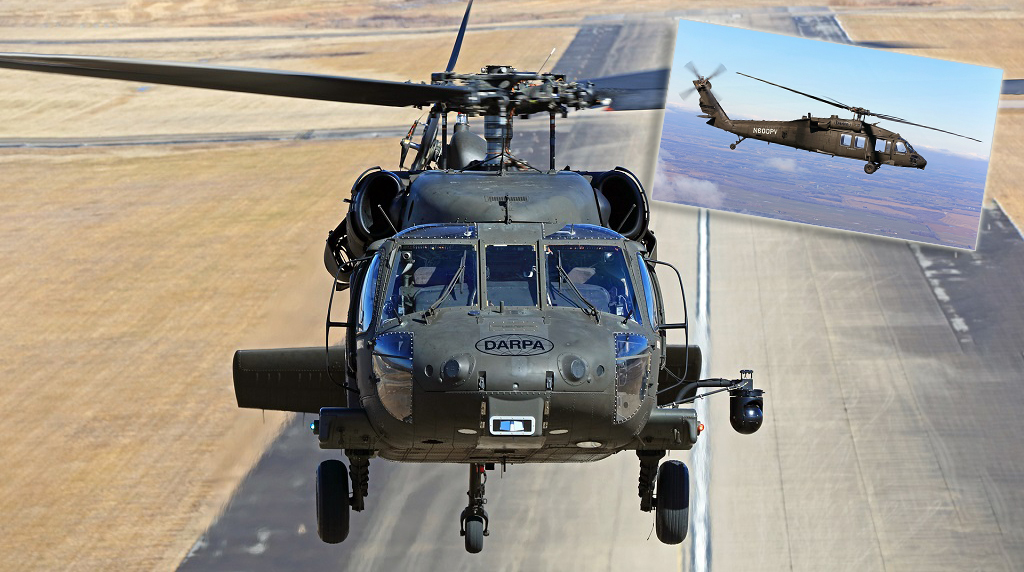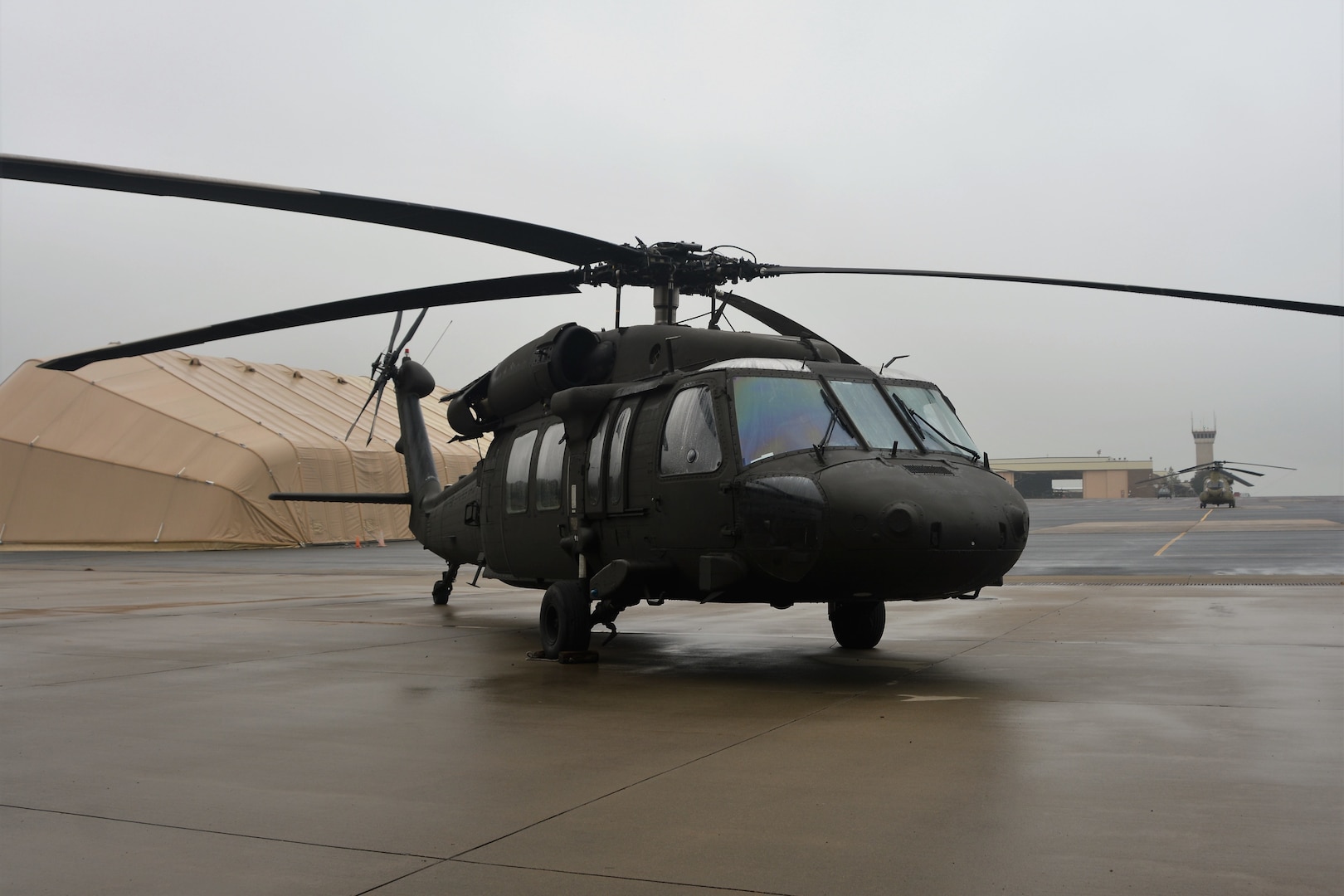History and Growth of the UH 60 Black Hawk Helicopter
History and Growth of the UH 60 Black Hawk Helicopter
Blog Article
The Effect of Sustainable Practices on the Future of Airplane Operations and Emissions Reduction
As the air travel sector faces boosting scrutiny over its ecological effect, the adoption of sustainable techniques becomes a vital path toward future airplane procedures and exhausts decrease. Technologies in sustainable aeronautics fuels and improvements in hybrid propulsion innovations stand at the center of this transformation, appealing significant decreases in greenhouse gas emissions. Nonetheless, the successful assimilation of these initiatives hinges on a selection of elements, consisting of regulative frameworks and sector cooperation. The concern continues to be: exactly how will these advancing methods reshape the characteristics of air travel and add to a much more sustainable future?

Review of Lasting Practices
Sustainable practices in aircraft operations incorporate a range of approaches targeted at lowering ecological influence while preserving functional efficiency. These methods are important in the aeronautics sector's commitment to decreasing its carbon footprint and sticking to global ecological criteria. Secret efforts consist of optimizing trip paths to lower gas intake, improving maintenance procedures to ensure aircraft operate at peak efficiency, and applying sophisticated modern technologies such as winglets and lightweight products that improve the rules of aerodynamics.

Engaging and training staff on sustainability techniques also play an important duty, fostering a society of environmental obligation within companies. Overall, the assimilation of these sustainable practices not just helps in reducing exhausts yet additionally boosts the long-term practicality of the aeronautics field, guaranteeing it meets the needs of both consumers and regulatory bodies while adding to global sustainability objectives.
Ingenious Gas Alternatives
Many ingenious fuel alternatives are becoming crucial solutions to minimize the air travel market's reliance on typical nonrenewable fuel sources. Amongst these choices, Lasting Aviation Gas (SAFs) have actually gotten considerable interest due to their possible to reduce lifecycle greenhouse gas exhausts by up to 80% compared to conventional jet gas. SAFs are stemmed from various feedstocks, consisting of waste oils, agricultural residues, and also algae, making them a versatile option for the sector.
One more promising choice is hydrogen fuel, which, when used in gas cells, creates just water vapor as a byproduct. This zero-emission prospective presents a significant chance for decarbonizing flight procedures, specifically for short-haul flights and regional aircraft. Additionally, electric propulsion systems are being discovered, leveraging battery innovation to power airplane. While present battery capability limitations range and haul, ongoing improvements may quickly provide electrical trips sensible for details applications - uh 60.
Lastly, biofuels obtained from biomass are being examined, offering a renewable alternative that can be combined with typical fuels. Collectively, these ingenious fuel choices represent an essential action towards accomplishing a lasting aeronautics community, straightening with global discharges decrease targets and improving the market's ecological stewardship.
Technical Innovations in Air Travel

Just how can technological developments improve the future of aviation? Technologies such as electrical and hybrid propulsion systems are at the leading edge, encouraging considerable reductions in gas intake and greenhouse gas discharges.
In addition, the implementation of sophisticated products, such as light-weight compounds, adds to enhanced aerodynamics and fuel effectiveness. The use of artificial intelligence and equipment knowing in flight operations optimizes course planning and reduces fuel next page burn by enabling real-time changes based upon weather and traffic problems. Furthermore, the growth of autonomous and from another location piloted airplane systems stands to revolutionize freight and passenger transport, potentially boosting effectiveness while lessening human error.
Additionally, lasting aeronautics innovations, consisting of advanced air web traffic administration systems, can improve procedures and lower blockage, causing lower discharges throughout trip. These advancements collectively stand for a standard change in air travel, assuring a future where sustainability and operational performance are intertwined, consequently sustaining the industry's commitment to minimizing its ecological influence.

Regulative Framework and Conformity
Taking into account the growing emphasis on ecological stewardship within the aeronautics sector, the regulative structure governing aircraft operations is advancing to advertise lasting methods. Regulatory bodies, such as the International Civil Aeronautics Organization (ICAO) and various national aviation authorities, are introducing stringent standards focused on reducing discharges and enhancing functional efficiency.
These guidelines commonly include the adoption of Lasting Air travel Fuel (SAF), which view has actually been acknowledged as an essential component in achieving lower carbon impacts. In addition, conformity with these guidelines calls for airline companies to carry out advanced modern technologies and operational practices, such as enhanced trip paths and boosted air traffic monitoring, to lessen gas intake.
Additionally, the enforcement of discharges trading schemes and carbon countering initiatives is coming to be progressively widespread, engaging airline companies to check and report their exhausts accurately. Non-compliance can cause substantial fines, therefore pressing drivers to focus on sustainability in their service versions.
Eventually, the progressing regulatory landscape not just drives development and financial investment in environment-friendly modern technologies however additionally fosters a society of accountability within the aviation industry. As these structures remain to create, the focus on lasting techniques will certainly be indispensable to attaining the sector's lasting ecological goals.
Future Trends in Aircraft Procedures
As the aviation industry adapts to a significantly strict regulatory environment, future trends in airplane procedures are readied to focus on ingenious services that better boost sustainability and effectiveness - uh 60. Secret growths will likely consist of the fostering of innovative air traffic management systems, which make use of real-time information and expert system to optimize trip paths, lowering gas usage and emissions
An additional significant pattern is the raised assimilation of sustainable air travel fuels (SAFs) These options to traditional jet fuel, acquired from eco-friendly sources, can dramatically reduce lifecycle greenhouse gas discharges. The market's dedication to SAFs will likely speed up as airlines collaborate with gas manufacturers to make certain accessibility and cost-effectiveness.
In addition, the push towards electrification and hybrid propulsion systems is obtaining energy. Arising airplane styles will incorporate these technologies, using quieter and more effective procedures, specifically for short-haul trips.
Conclusion
The adoption of lasting aviation fuels, coupled with improvements in hybrid and electrical propulsion systems, is necessary for decreasing lifecycle greenhouse gas emissions. Maximizing trip paths and accepting cutting-edge technologies add to a quieter and extra eco friendly aviation field.
Technologies in sustainable aviation fuels and innovations in hybrid propulsion innovations stand at the center of this makeover, encouraging considerable reductions in greenhouse gas exhausts.Various innovative fuel choices are arising as essential remedies to lower the air travel market's reliance on traditional fossil gas - uh 60. Among these choices, Lasting Aviation Gas (SAFs) have actually gained substantial interest due to their prospective to decrease lifecycle greenhouse gas exhausts by up to 80% compared to standard jet gas.An additional substantial fad is the increased assimilation of sustainable air see this travel gas (SAFs) The fostering of lasting air travel gas, coupled with developments in electrical and hybrid propulsion systems, is essential for decreasing lifecycle greenhouse gas exhausts
Report this page